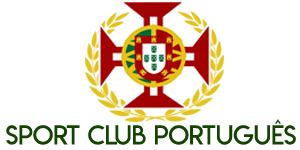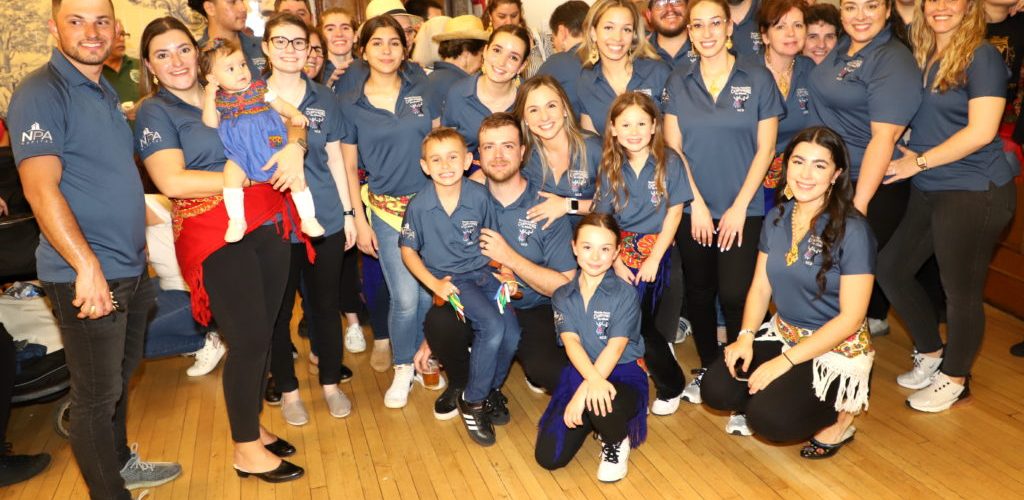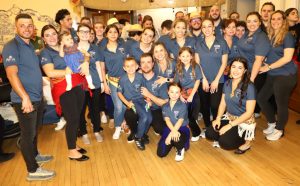 The Sport Club Portuguese Folklore Group, Rancho Camponeses do Minho, held the 2023 edition of the Rusgas on Saturday, April 15, at the Sport Club Portuguese Hall. This yearly tradition was started by the group’s director, Miguel Veloso, several years ago, and has now become a tradition that brings hundreds of guests to our club and several local folklore groups.
The Sport Club Portuguese Folklore Group, Rancho Camponeses do Minho, held the 2023 edition of the Rusgas on Saturday, April 15, at the Sport Club Portuguese Hall. This yearly tradition was started by the group’s director, Miguel Veloso, several years ago, and has now become a tradition that brings hundreds of guests to our club and several local folklore groups.
The main objective of this event aligns with our club’s mission, which is to
keep our traditions alive and pass them on to our youth. For those who follow the activities of the Camponeses do Minho, you will see the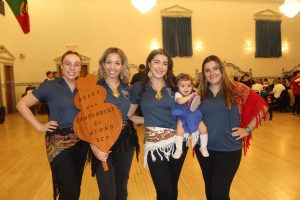 amazing work being done by the leaders of the group to encourage our youth to get involved.
amazing work being done by the leaders of the group to encourage our youth to get involved.
The Rusgas event was carefully planned by the Camponeses do Minho, so that no detail would be missed. It needed to allow all of us for one evening to feel like we were in Viana do Castelo. The decorations, food, outfits, music, everything was carefully planned. That night, you walked into Minho and loved every minute of it.
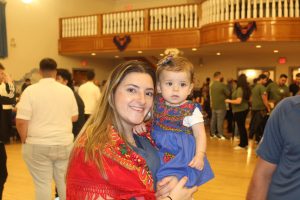 A party can’t ever be complete unless you have friends over, right? And that was also not forgotten. Several of our community folklore groups were represented with their Rusga, once again showing the strong unity that exists between these groups. We are all united in keeping our culture alive.
A party can’t ever be complete unless you have friends over, right? And that was also not forgotten. Several of our community folklore groups were represented with their Rusga, once again showing the strong unity that exists between these groups. We are all united in keeping our culture alive.
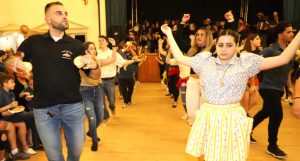 At the end of the night, the captain of the ship, Director Miguel Veloso, and his team were super happy with the result of the night. They had done an amazing job representing and celebrating our culture. Congratulations to all the groups and guests that passed by the event. It is because of you that it’s all worth it.
At the end of the night, the captain of the ship, Director Miguel Veloso, and his team were super happy with the result of the night. They had done an amazing job representing and celebrating our culture. Congratulations to all the groups and guests that passed by the event. It is because of you that it’s all worth it.
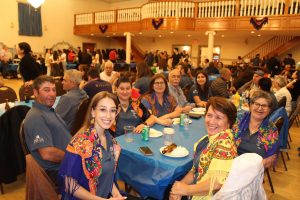 What are Rusgas ?
What are Rusgas ?
Rusgas are a type of traditional festivity that takes place in
the Minho region of Portugal, particularly in in Viana do Castelo,
Ponte de Lima, and Arcos de Valdevez. They are typically held during the summer months, usually from June to September, and are characterized by parades of people dressed in colorful costumes, singing and dancing to traditional music.
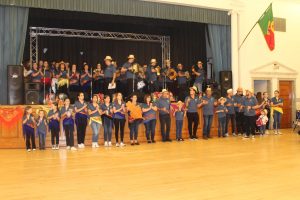 The origins of rusgas can be traced back to the rural communities of the Minho region, where they were originally held as a way for people to celebrate the end of the harvest season. Over time, these celebrations evolved into more elaborate events, with groups of people organizing themselves into “tropas” to create more elaborate costumes and choreographed dances.
The origins of rusgas can be traced back to the rural communities of the Minho region, where they were originally held as a way for people to celebrate the end of the harvest season. Over time, these celebrations evolved into more elaborate events, with groups of people organizing themselves into “tropas” to create more elaborate costumes and choreographed dances.
During a rusga, the tropas parade through the streets of the city, often
accompanied by live music played on traditional instruments such as the
accordion, the cavaquinho (a small guitar-like instrument), and the bombos (drums). The tropas may also perform traditional dances, such as the vira, which involves couples dancing in a circle.
Overall, rusgas are a colorful and lively celebration of Minho culture and
traditions, and they continue to be an important part of the region’s cultural
heritage.
